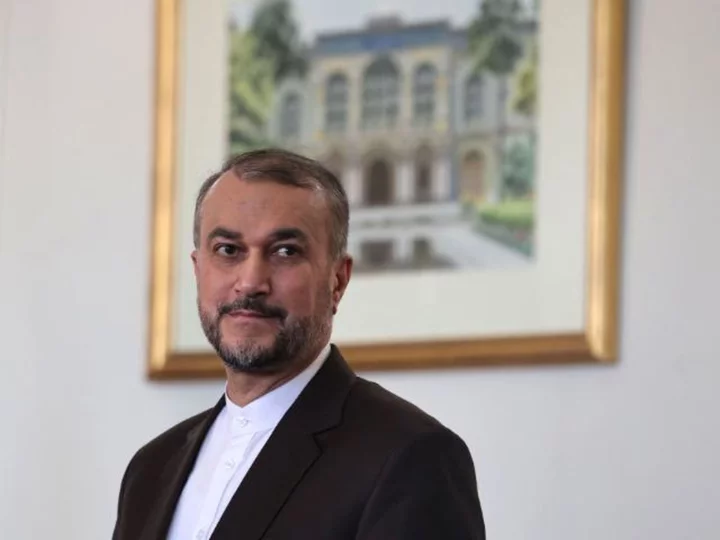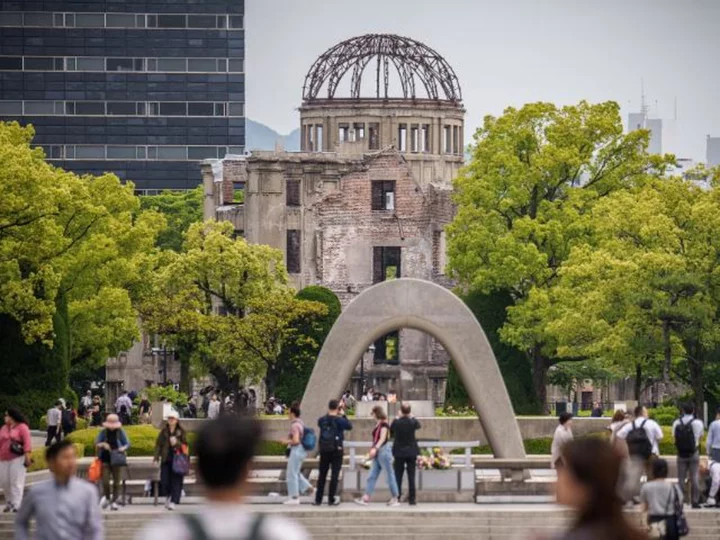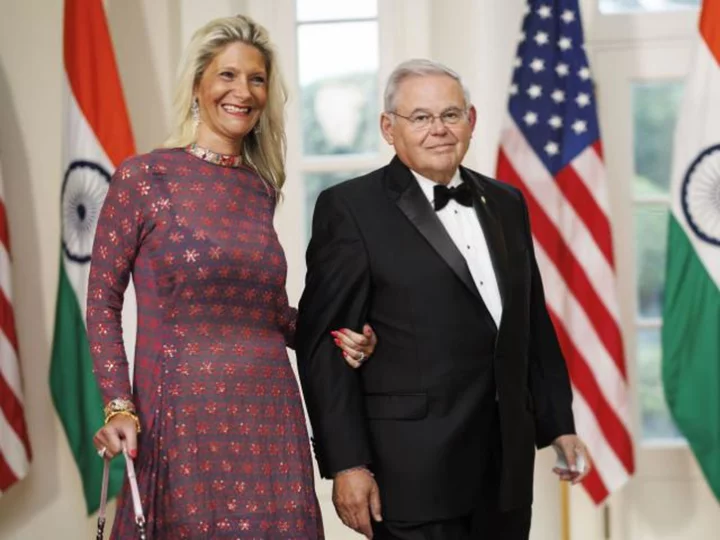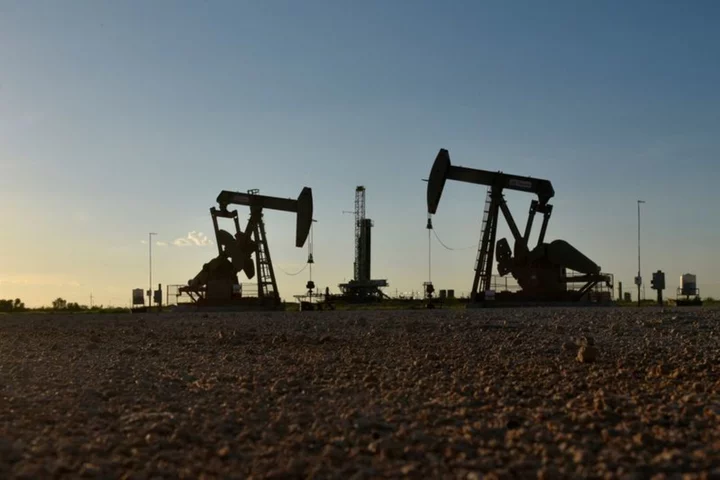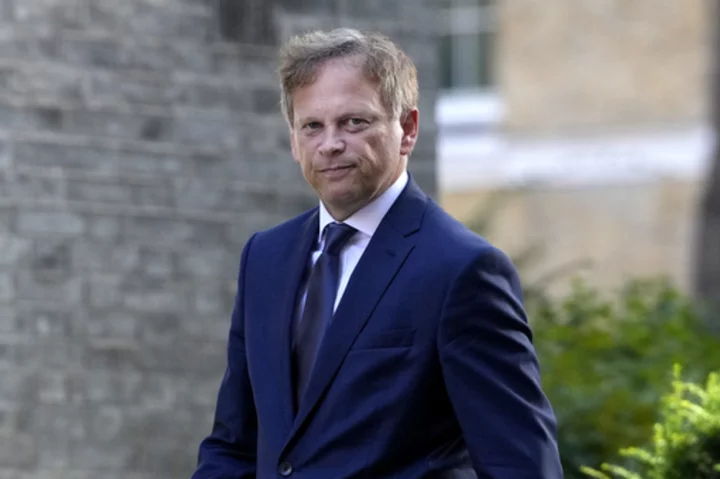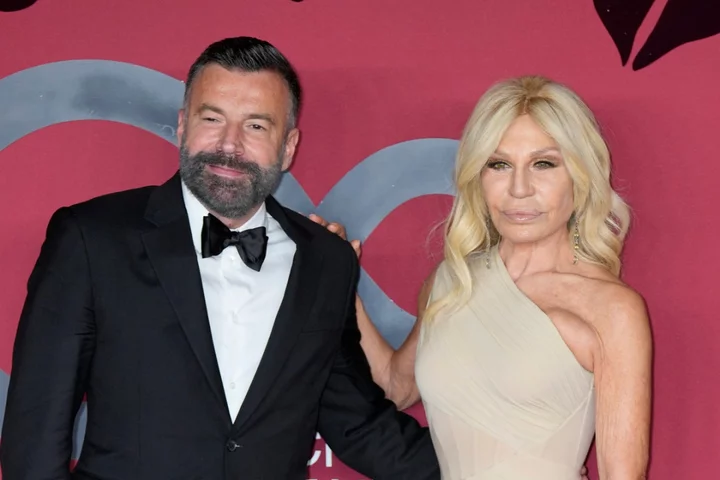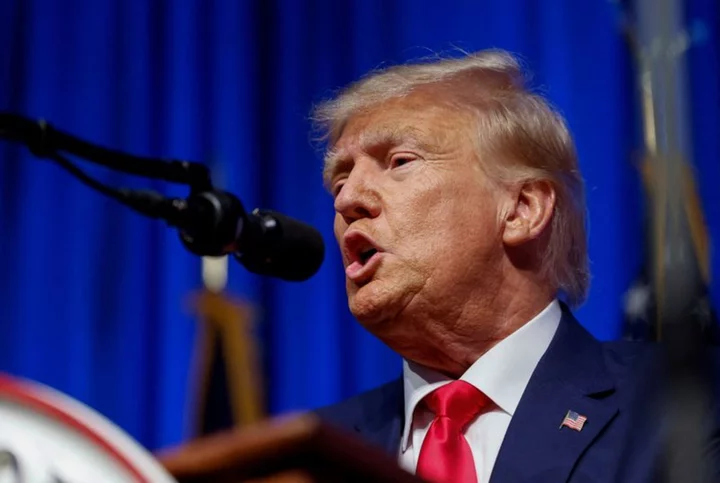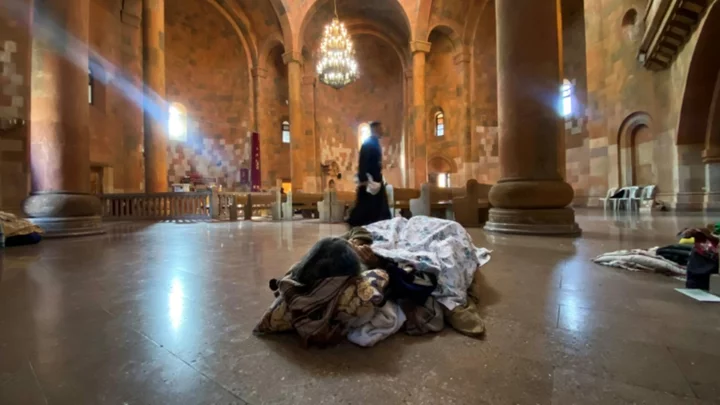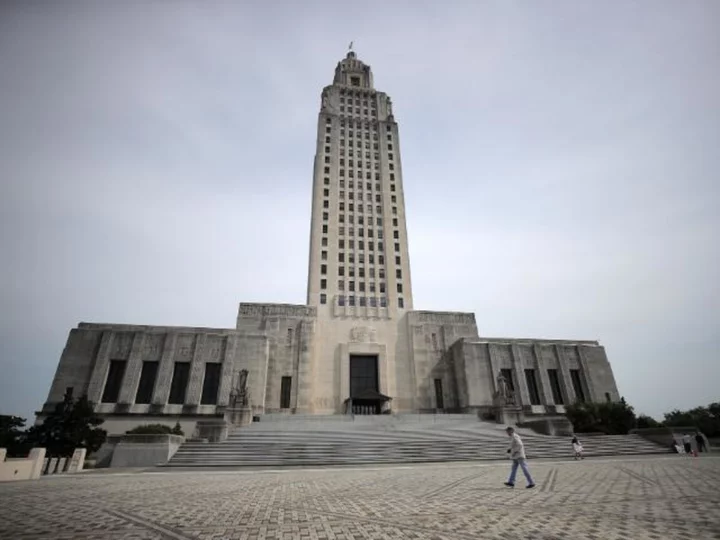A flurry of diplomatic activity between Iran and Western nations has taken place in recent weeks, raising hopes of a de-escalation in tensions as the Middle East nation continues to antagonize the West with its support for Russia and continued advancement of its nuclear program.
The Islamic Republic is now simultaneously holding talks with the European Union and the United States.
Last week, Iran's top nuclear negotiator, Ali Bagheri-Kani met European Union mediator Enrique Mora in the Qatari capital Doha in an effort to revive the 2015 nuclear deal between Iran and world powers. The EU, unlike the US, is still party to that agreement.
A diplomatic source briefed on that meeting told CNN that "the current environment has been positive for de-escalation."
And this month, sources told CNN that the US quietly resumed indirect talks with Iran late last year in an effort to constrain Tehran's nuclear program. The sources said there have been indications of progress, but one source said "we're just not there yet" on an agreement. Both the US and Iran have denied that an interim deal has been reached.
Still, the talks have rekindled hope that cooperation could be fruitful. Here's what you need to know about the diplomatic activity:
Why is this happening now?
The resumption of talks raises questions of timing and motivations for both sides. It takes place as Iran's nuclear program advances beyond the requirements of nuclear energy and toward those of a bomb. Tehran has also proven to be a menace in the Ukraine war, supplying Russia with hundreds of attack drones. And it continues to advance a missile program that has Western nations and its neighbors concerned.
There could also be electoral considerations for both sides. The Islamic Republic faces parliamentary elections next year, and any easing of Western sanctions could give its rulers a boost in the polls. The US, which will hold presidential elections in 2024, has made it a priority to secure the release of multiple Americans who have been detained in Iran.
"Both Tehran and Washington see an opportunity in advance of their respective parliamentary and presidential elections to make compromises and contain a crisis," said Sanam Vakil, director of the Middle East North Africa Program at the Chatham House think tank in London.
Have there been any indications of progress from either side?
Amid reports of a resumption of talks between the US and Iran this month, the Islamic Republic's Supreme Leader Ali Khamenei said there was "nothing wrong" with a nuclear deal with the West provided that his country's nuclear infrastructure remains "untouched."
But gestures from the US could indicate winds of change. This month, the US approved a waiver allowing the transfer of $2.7 billion of debt from Iraq to Iranian banks, in a move State Department spokesperson Matthew Miller called "consistent with transactions that have taken place over -- going back a number of years."
How do Iran's neighbors feel about this?
Recent meetings between Iran and Western states have taken place in Gulf Arab states. Iran has met European officials in the UAE and Qatar, and American officials in Oman. Some of the Arab states that had welcomed ex-US President Donald Trump's withdrawal from the nuclear deal, known as the JCPOA, in 2018, when tensions with the Islamic Republic were at their highest in decades, have now patched things up with Iran and are keen to reduce tensions in the region.
They had lamented being left out of the talks with Iran when world powers struck a deal with the Islamic Republic in 2015, but are now actively facilitating the dialogue.
That leaves Israel as the only state that vocally opposes the resumption of talks.
"Our position is clear: Israel will not be bound by any deal with Iran and will continue to defend itself," Israeli Prime Minister Benjamin Netanyahu said this month.
If a deal is reached, what would it look like?
Iran has made it clear that it is not interested in reaching a deal that would replace the JCPOA. And from the American side, a return to that agreement is likely to require congressional approval that may be difficult to achieve.
Analysts say that reviving the deal is very unlikely at the moment. Tehran and Washington could instead come to an agreement that would see the release of some high-profile American prisoners in Iran in exchange for some sanctions relief. Oman's foreign minister has said that such an arrangement is "close."
South Korea owes Iran $7 billion for oil imports that have been blocked by US sanctions and those funds may be the subject of US-Iran talks, according to multiple reports.
Naysan Rafati, senior Iran analyst at the International Crisis Group think tank, said a number of non-nuclear issues are at play, such as Iran's support for Russia "which Western governments view with serious concern."
"On all of these issues, though, pieces being in motion still leaves questions on how exactly they fit together -- and whether they will actually fall into place."
Vakil said if deal is reached, it is more likely to be a "band-aid" instead of a "panacea" for the outstanding issues between Iran and the US.
"Negotiators have been down this pathway before. It is unclear if there is consensus in Tehran and the same applies to the Biden administration."

